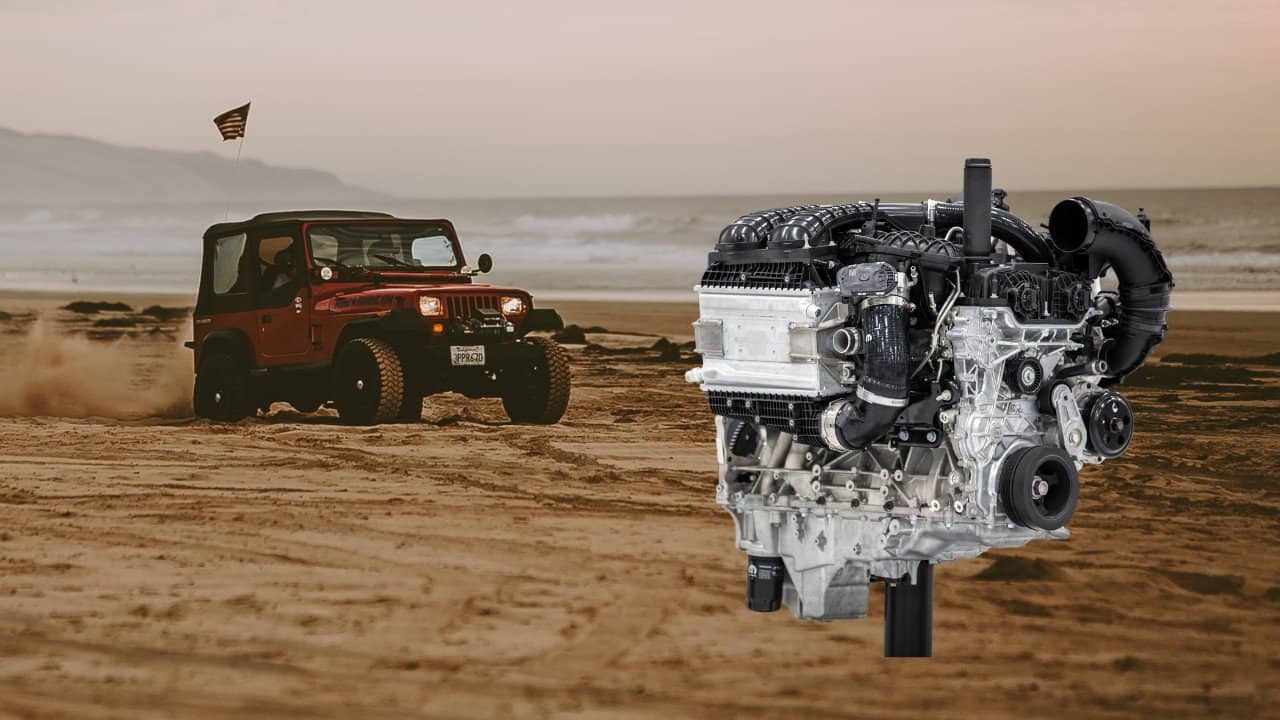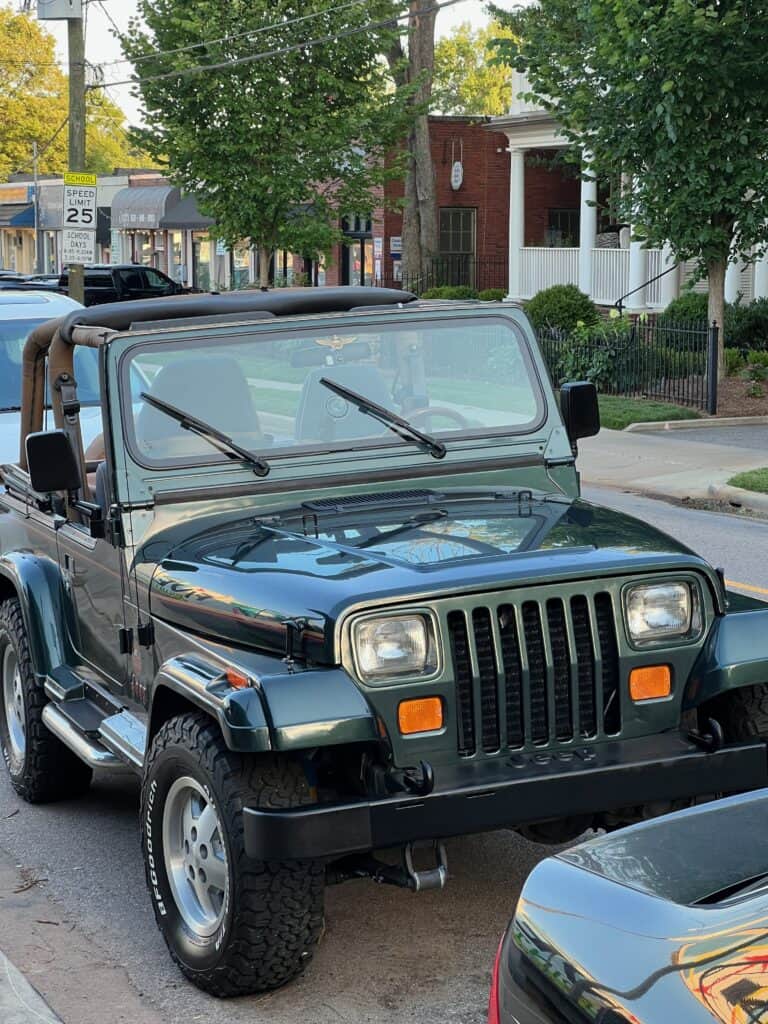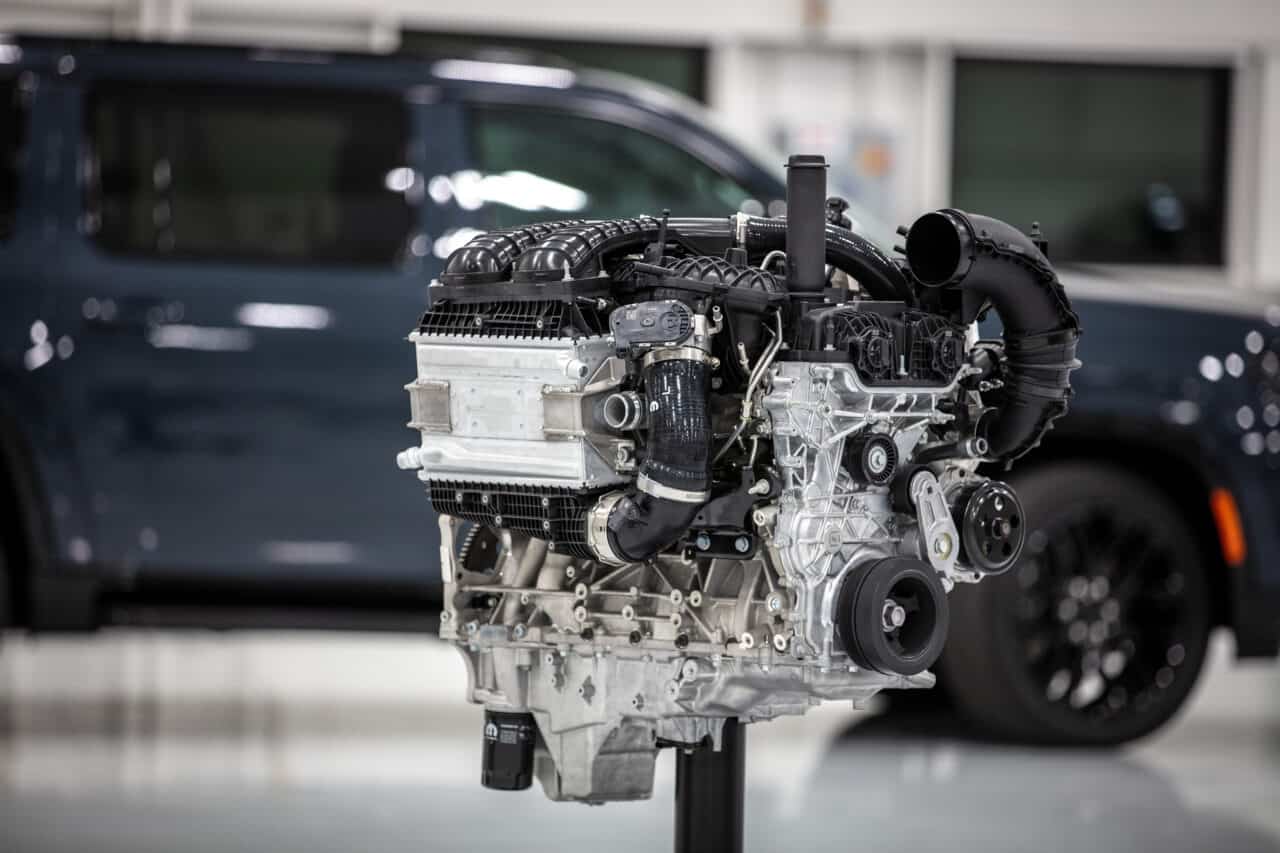AMC’s Legendary Straight-Six Engine: A Legacy Revived with Jeep’s New Hurricane I-6
From powering classics to inspiring Jeep’s new straight-six engine, the AMC straight-six redefined durability and performance for over four decades.

For over 40 years, one of the most celebrated engines to grace American cars and SUVs was the AMC straight-six motor. Officially known as the AMC Inline-6 or I-6, this engine earned a reputation for durability, simplicity, and rock-solid reliability that few engines could rival.
What’s interesting is that we don’t commonly associate the straight-six engine with American cars, but it has a long, storied history.
It powered everything from budget sedans to rugged off-road vehicles, and even though it’s been out of production for nearly two decades, the motor still carries legendary status among gearheads and off-road enthusiasts alike.
A Legacy Engine is born: the Straight-Six engine early years between 1964-2006
The AMC straight-six made its debut in 1964 under American Motors Corporation (AMC), originally powering the Rambler line. It quickly became a staple across AMC’s lineup, appearing in everything from the classic Javelin to Jeep’s CJ series.
Notably, as AMC merged into Chrysler in 1987, the motor didn’t just stick around—it found new life under Chrysler’s umbrella, especially in the Jeep lineup.
For Jeep enthusiasts, the inline-six powered some of the brand’s most iconic models, including the Wrangler, Cherokee, and Grand Wagoneer.
It became especially famous in the Jeep Cherokee (XJ) and Wrangler (YJ and TJ) models, prized for its torque and ability to take a beating both on and off-road.

In fact, even as competitors pivoted to V6 and V8 engines, Jeep fans remained loyal to the straight-six, citing its ease of repair and remarkable ability to handle high mileage without major issues. Production of the motor finally ended in 2006, with the Jeep Wrangler TJ marking the end of an era for this powerhouse.
Jeep’s New Inline-6: The Hurricane I-6
Fast forward to today, and Jeep has reintroduced an inline-six for the first time since 2006. The all-new Jeep Hurricane I-6 is a nod to its legendary AMC predecessor, but with a serious upgrade for the modern era.
In contrast to the AMC motor’s naturally aspirated design, the Hurricane packs twin turbochargers, delivering significantly more power and efficiency to meet today’s emission standards.
Jeep has fitted the Hurricane with cutting-edge technology to maximize performance while maintaining some of the simplicity that made the original straight-six a fan favorite.
This motor will find a home in the upcoming Jeep Wagoneer and Grand Wagoneer, where it promises a potent mix of power, torque, and—hopefully—durability.
Jeep’s choice to return to an inline-six shows a keen understanding of its fans’ love for the straight-six legacy while pointing toward a cleaner, more efficient future for the brand.

Why the Straight-Six Stands Out
The resurgence of the straight-six engine is more than a nostalgic move; inline engines offer balanced power delivery and a unique, smooth running characteristic that V6s often can’t match.
Their design is inherently simpler, which reduces the chance for mechanical failures—a big reason the AMC straight-six became so trusted by off-roaders and daily drivers alike.
The layout also helps distribute weight evenly, which is crucial for vehicles designed to tackle rough terrain.
The AMC straight-six may have been put to rest nearly two decades ago, but with Jeep’s new Hurricane I-6, it’s clear that the legacy lives on.
For die-hard fans of the original, the modern Hurricane offers a fresh take on a classic design, ready to power the next generation of Jeeps while paying tribute to one of the most beloved engines in American automotive history.
